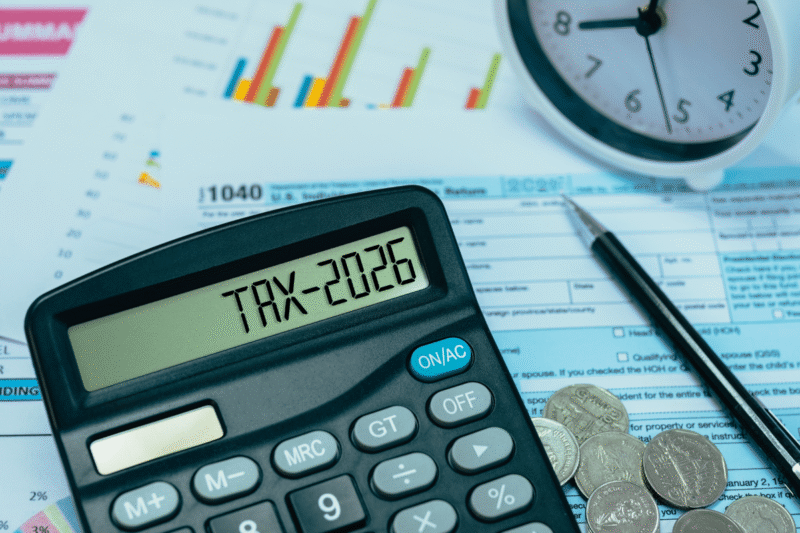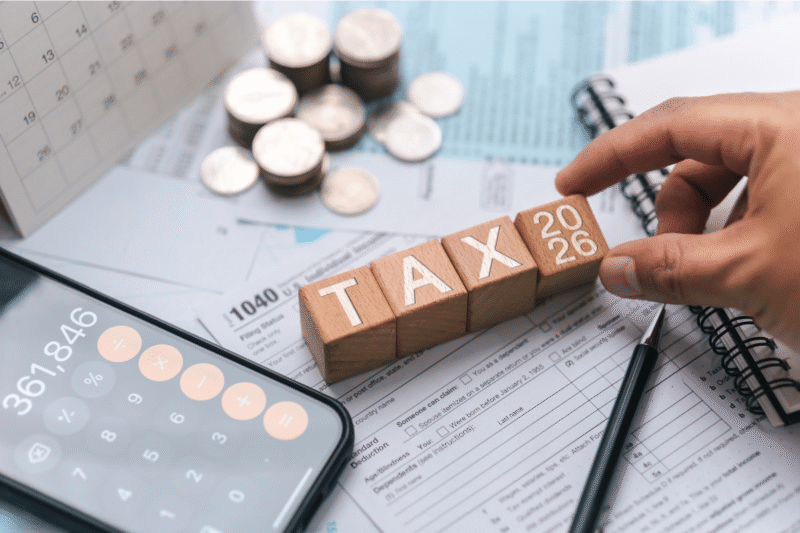In the big picture, since the tax world is constantly changing, this tax season is no different, with a myriad of rules, deductions, credits, and responsibilities that may seem overwhelming.
Some people have a hard time letting go of things. They keep old letters, concert tickets, coupons, financial statements, and even tax returns. Now that tax season has come to a close, one question we hear from our clients, especially during or right after tax season, is “how long should I keep tax records?” The answer to this question is really a matter of preference.
If you have a safe and convenient method for storing tax records digitally, then it may make sense for you to keep copies of your filed tax returns indefinitely. Having access to copies of your old tax returns may help in preparing future tax returns and making computations if you need to file an amended return. It also could be helpful in the event there is a need to file a Medicaid application on your behalf and you need five years worth of tax returns.
With that said, unless there are financial or practical reasons to keep them longer, a good rule of thumb is to hold your tax records at least until the end of the period of limitations. The period of limitations is the period in which you can amend your income tax return to claim a credit or refund, or the Internal Revenue Service (IRS) can assess additional tax.
These periods refer to the time after the return was filed. It should be noted that income tax returns filed before the due date are treated as filed on the due date and returns filed on extension (after April 15th) are treated as the date the returns were actually filed.
Below are the periods of limitations that apply to income tax returns (as per IRS website):
- Keep records for 3 years from due date of return or date of actual filing, whichever is later (unless situations (4), (5), and (6) below apply to you).
- Keep records for 3 years from the date you filed your original return or 2 years from the date you paid the tax, whichever is later, if you file a claim for credit or refund after you file your return.
- Keep records for 7 years if you file a claim for a loss from worthless securities or bad debt deduction.
- Keep records for 6 years if you do not report income that you should report, and it is more than 25% of the gross income shown on your return.
- Keep records indefinitely if you do not file a return.
- Keep records indefinitely if you file a fraudulent return.
- Keep employment tax records for at least 4 years after the date that the tax becomes due or is paid, whichever is later.
Please note that unless you fall below a certain threshold of annual income, you should always file an income tax return. Also, you should never file a fraudulent return.
It is important to understand that these are the best practices for the minimum amount of time to answer the question of how long should I keep tax records. There may be situations where it would be best for you to keep your tax records for much longer.
If you own property (house, rental property, vehicle, etc.), you should keep all tax records for at least three years after selling that property and filing the related tax returns. These may include records for stepped-up basis valuations, depreciation, amortization, or depletion deduction. Since these records will figure into whether you are going to realize a gain or loss when you sell the property it is important to hold on to them until the property is sold and the period of limitations is over for the tax return wherein that sale is reported.
For example, if you inherited a home from your mother and plan to keep the home as rental property, you should obtain a certified real estate appraisal to confirm the fair market value of the property as of the date of your mother’s death. This will confirm what the stepped-up basis is in the property. You should also keep tax records related to the depreciation deduction of that rental property to understand what the basis of the property is when you sell it.
As always, consult with an experienced estate tax planning attorney to ensure all your bases are covered.




Comments (0)